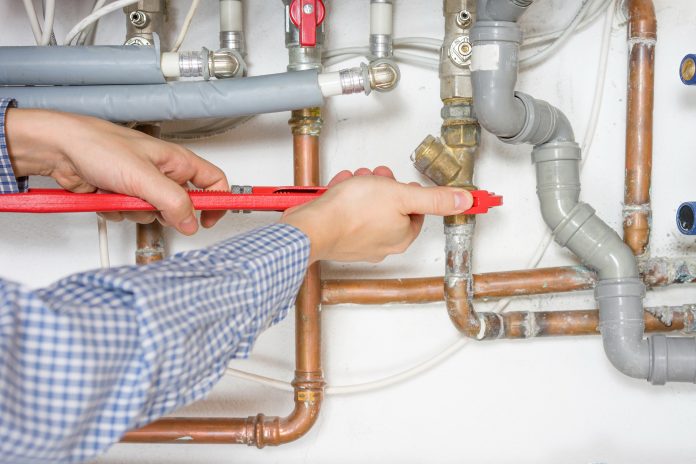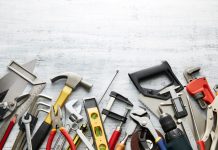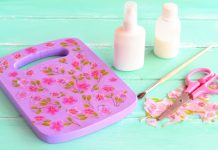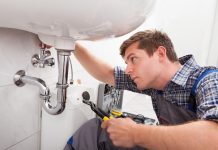Maintaining your boiler isn’t just about its functionality, but your safety as well. Boilers serve an important function in the home, providing the household with hot water and heating needs. They also give us comfort in colder weather. When they malfunction, it is often a major issue because it leaves us stranded with domestic heating needs.
Boilers are supposed to be serviced at least once a year, but that doesn’t mean we shouldn’t do any other maintenance activities ourselves. To avert major disasters and improve efficiency, here are some DIY tasks we can perform on our home boilers.
Air vents and Flues
Blocked air vents hinder the boiler’s efficiency. This is most common to gas boilers. When dirt builds up in the vents or flues, it can cause a blockage. Inspect your vents and flues regularly to check for blockage, then clear it to allow free flow of air.
Water level
Check the water levels of your boilers every two weeks or so. If your boiler is forced to operate without water, it could damage it beyond repair. In worse situations, the lives of the family members are put at risk. When you check the water levels, ensure that the pilot light is on. If the water level is below the required minimum, check for any plumbing issues and correct them. In most cases, you may have to make small adjustments to your boiler settings to restore the problem.
Leaks
Leaks often occur under normal use circumstances. There may be a gas or fuel leak from the valves. Like the low water levels, it could be an indication of necessary minor adjustments in the system. Perhaps, some worn out parts may need to be fixed or replaced completely.
De-scaling
Due to hard-water storage, your boiler can experience a build-up of lime scale along its surface. Excess accumulation can prevent the boiler from performing as it should. The function usually most affected, is the water heating capacity. You can de-scale the boiler by scraping the accumulated lime compound with a de-scaling tool and a mixture of vinegar and lemon juice. Ensure that your boiler is emptied and switched off first.
Lubrication
Most mechanical systems require regular lubrication to work efficiently and your boiler is no exception. Organise routine lubrication of the boiler parts to ensure that they operate seamlessly. You can buy engine oil at your local hardware store and apply in moderate quantities to the motion parts such as the pumps and fan rotors.
Flushing
At least twice a year, empty the water in your boiler to clean it thoroughly. It is recommended that you do so after winter when your boilers are no longer in full capacity. You will rid it of items such as dirt, sand and lime-scale that build up in the interior. With a mini power-jet, flush the insides and clean it thoroughly- here are some things you should know about power-flushing. Focus on the top and bottom where dirt is sure to accumulate. Before refilling the boiler with water, replace the old gaskets with new ones.
All maintenance are easy do-it-yourself tasks. However, you may need some power home tools from your local hardware store. Where it proves difficult to resolve, calling a professional might be your next best option.





















